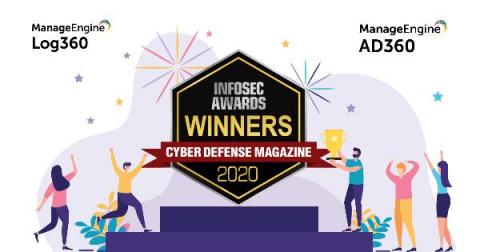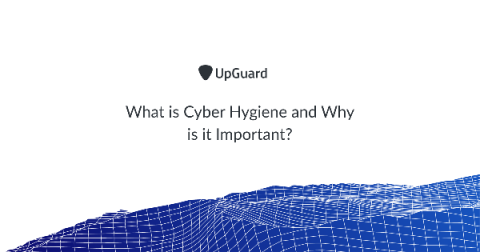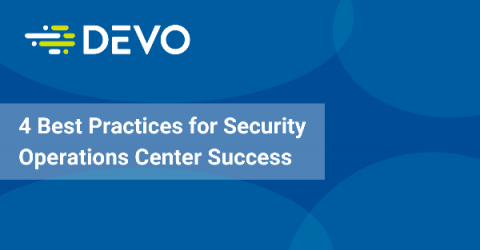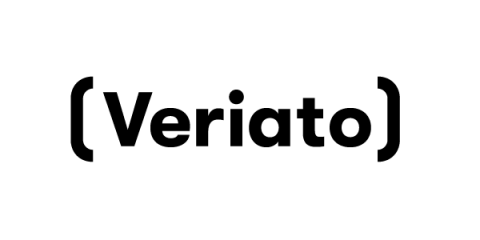Understanding the Consequences of Failing PCI Compliance
The Payment Card Industry Data Security Standard (PCI DSS) does a great job of outlining how an organization should go about protecting cardholder data. Most organizations take the best practices from the PCI council and implement a strong information security strategy bent on enforcing PCI standards, compliance requirements, and vulnerability management. What happens when an organization doesn’t follow the rules as they should or they suffer a data breach because of negligence?











